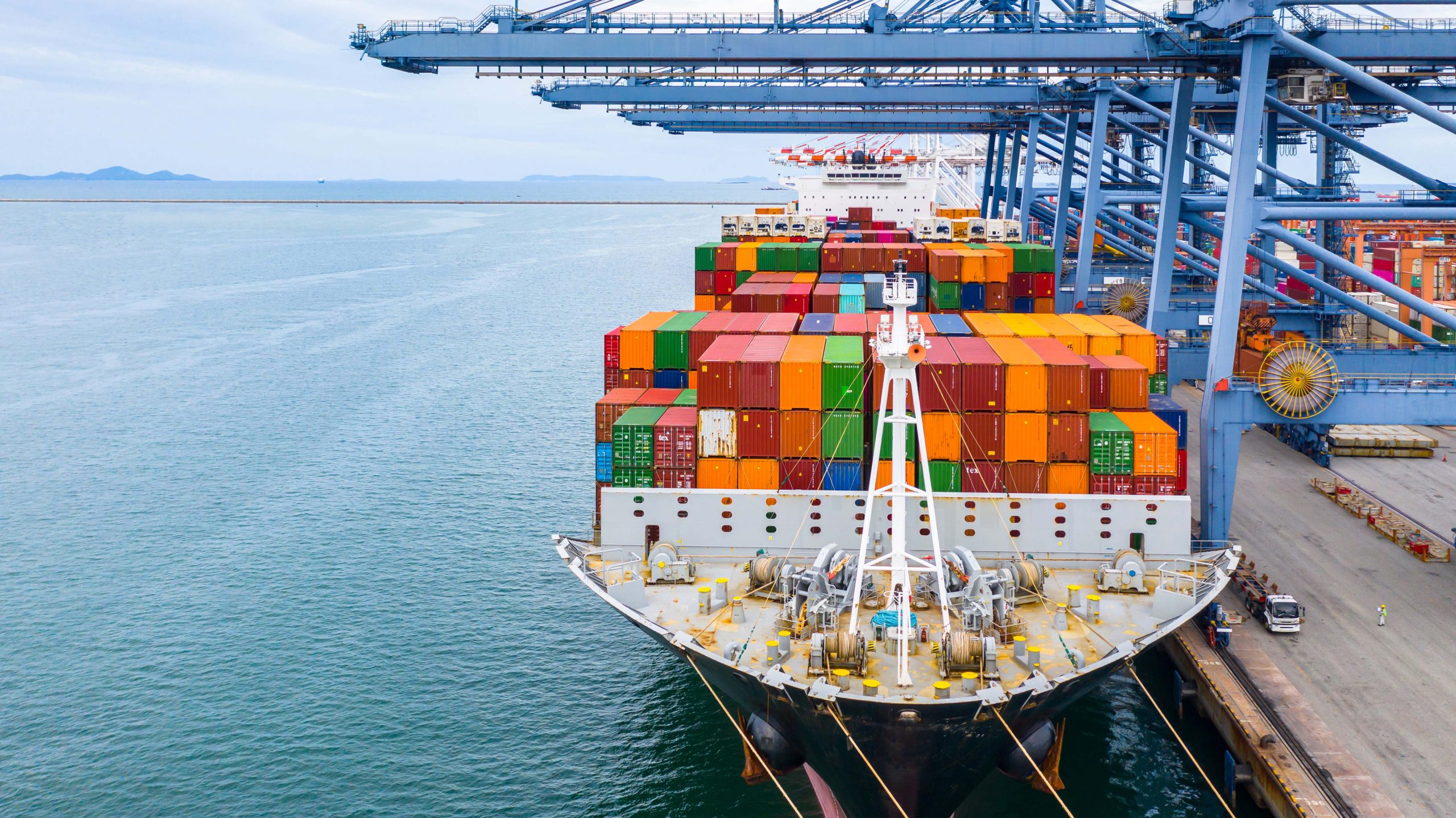Companies facing increased price of imports and exports and shortages of raw materials
The Foodservice Equipment Association is highlighting the seriousness of the issues facing its members due to the ongoing and increasing delays in the supply of products and components, caused by both Covid-19 and Brexit.
The last year has already seen significant challenges in the import and export of components and equipment, as the pandemic and the changing regulatory regime both impacted business operations. Before the introduction of new, stricter import controls in April, which were subsequently extended by Government, the FEA asked its members for the facts behind the stats. Members gave feedback about the situation, as lockdown eases and the changes being brought by Brexit begin to bite.
All responding companies noted delays and price increases, causing varying degrees of impact. One said, “We are seeing significant delays and price increases across all commodities. The increases are ranging from 8 to 35%, with almost all commodities seeing double digit increases. The average delays we are seeing on imported commodities is around 6 weeks, with some products hitting 12 weeks.”
Sourcing products from the continent is a particular issue now. “Lead-in times are now being quoted at 10-12 weeks, which is nearly double what it was pre-Covid/Brexit,” said one respondent. Many companies report adding extra stock to cover for possible delays caused by, amongst other things, the requirement for paperwork to be 100% correct. “Prior to the Brexit deadline we added an additional six week’s stock to our normal four,” one company reported.
Other members highlighted shortages for raw materials including laminates, stainless and mild steel and castings.
Similarly, the cost of exporting to the continent has risen. “It’s costing five times more to ship. Freight and duties of over 20% of the cost of the product are having to be picked up by the receiver. It’s adding more headaches into the process.”
The recent blockage of the Suez Canal has added yet more delays into the system. Meanwhile, some companies are seeing increases in lead in times as contractors who reduced their workforce during the pandemic aren’t able to respond to the increase in new orders as lockdown begins easing.
“The last year has been particularly challenging for many of our members,” says Steve Hobbs, chair of FEA. “They have been having to make many tough decisions in order to survive, but the increasing effects of the post-Brexit costs and paperwork is having a huge impact throughout the supply chain.
“It’s vital that the government acts to support the work these companies do and ensure that the movement of goods is as seamless as possible to avoid damaging economic recovery.”

